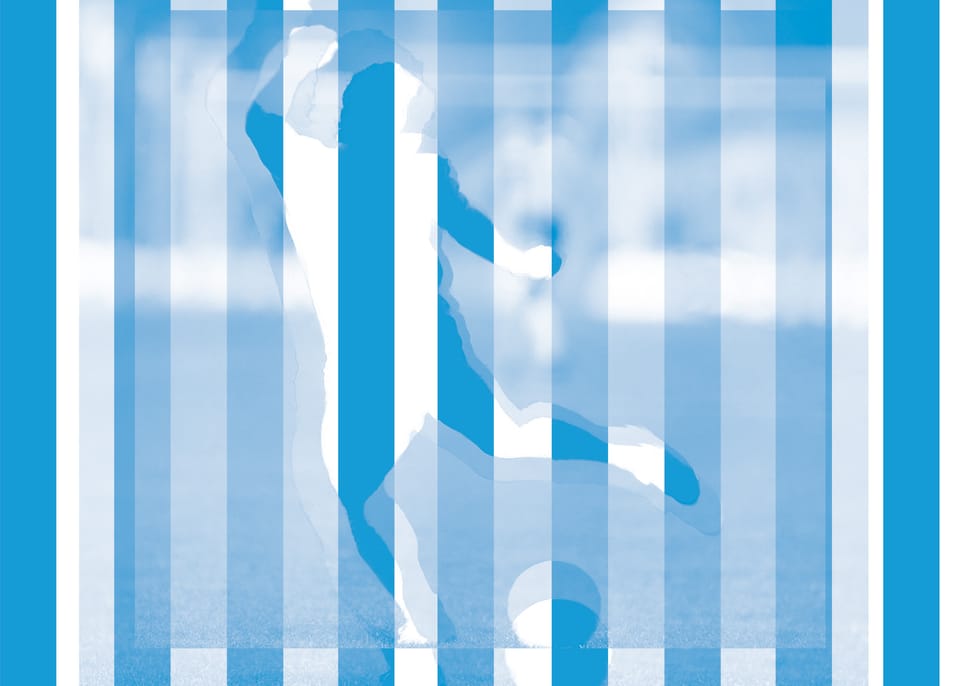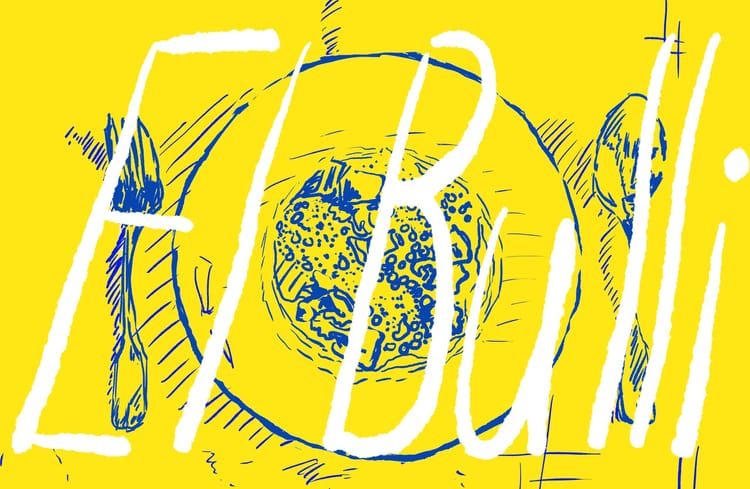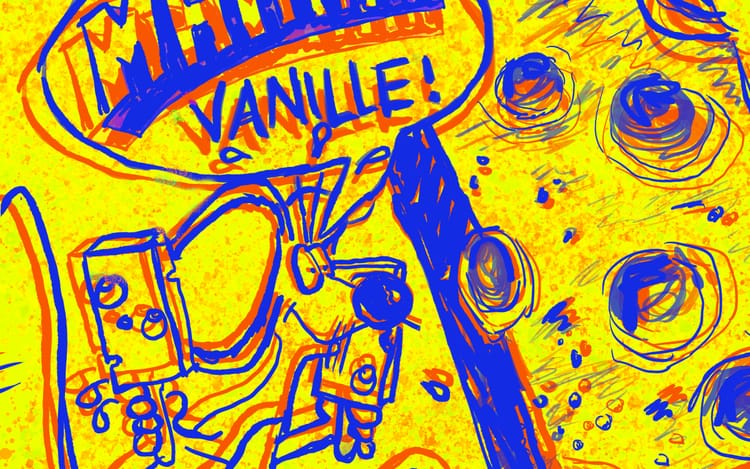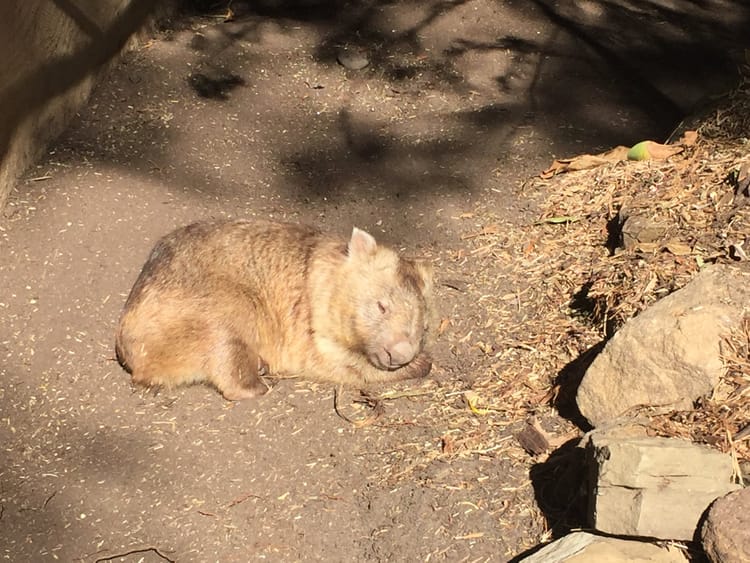Tuesday Obituary: Diego Maradona

by Sahar Tavakoli
Chi ama non dimentica: Diego Armando Maradona has died, aged 60. Born in Lanús, in the Buenos Aires province of Argentina, the cosmic kite ascended to heaven three years and 3 days ago, leaving Englishmen in his wake.
The Brazilian midfielder and occasional forward, Waldyr “Didi” Pereira was, by somewhat disputed accounts*, the first to refer to football as ‘o jogo bonito,’ the beautiful game. It would be his two-footed metonymic national teammate, Pelé, who would be credited with popularizing the expression.
It was Diego Maradona who gave the game its most beautiful performances. His 1986 World Cup ‘Goal of the Century’ begins with a pirouette behind the midway line. With three taps of his left foot, El Pibe de Oro, The Golden Boy, changes the ball’s direction, breaking past three outfield players and slicing between two defenders before kicking the ball into the far corner of the goal. Start to finish, it takes 10 seconds, though Uruguayan reporter Victor Hugo Morales’ commentary of the moment reigns eternal.
Perhaps even more beautiful than his playing were his warm ups. Strutting and clapping his hands while bouncing a ball endlessly on his left shoulder, kicking the ball and guiding its path to some pre-selected position with the power of his pointed finger, break-dancing into a double footed backheel that brought his torso within centimeters of the pitch and then reversing the direction of his own spin to land in a crouch, forward roll after forward roll after forward roll. As his team mates practiced passes before the 1989 UEFA semi final game between SSC Napoli and Bayern Munich, Maradona, shoes untied, danced to Opus’ Live is Life, hands on his hips while a completely docile ball sat perfectly still on the greatest head of hair football has ever known.** Under a YouTube posting of the moment, one commenter writes “This warm up is greater than most footballers entire career”.*** 122 other viewers agree. Maradona didn’t make anything look easy but he did make it all seem so natural.
In a 2016 episode of the BBC Food Programme, titled “The Apple: How British a Fruit?” host Sheila Dillon and drinks writer Peter Brown grapple with the discovery that what Dillon only moments before referred to as the “quintessentially British fruit” not only originates in the region of modern-day Kazakhstan, but that the British aren’t even unique in adopting the fruit as their own. “This is what the apple does,” explains Brown, “It makes itself at home wherever it goes. If you go to America, people say things are as American as apple pie.”****
Maradona was born in Argentina but his home was any place where people resisted an uneven distribution of power, and he was the apple of the eyes of those whose homes had been destroyed by the interference of foreign governments, of those who were treated as second tier communities in their own lands, to the downtrodden, the hungry, the exhausted, and the flawed. In the narrow alleys of Naples there is no doubt that Maradona was a Neapolitan. In 2018, in a meeting with Mahmud Abbas, Maradona would declare himself Palestinian. He defined himself as a Chavista and called Fidel Castro his ‘second father’. He was also a philanderer, a friend of the Camorra, and a lover of cocaine. He was almost as human as the rest of us save one bit of Grace: his left hand was that of God.
There have been many interpretations of the ‘Hand of God’ goal: that it was the move of a cheat, that it was an act of retaliation for the humiliation of the Falklands War*****, that crafty South Americans were in cahoots with deceptive Arabs, resulting in a Libyan referee who conveniently managed to miss the whole thing. My own interpretation is this: that the 165cm tall David only intended to head the ball past the 185cm Goliath goalkeeper of team Saul but that God intervened. The world has long suffered under unfit rulers. Sometimes a slap to the balls is called for.
Three decades later and change, the maker that had once sought use of Maradona’s hand now requested the company of his soul. In life, Maradona had kept so many in the chambers of his heart, no wonder their walls had become so strained. El Pelusa, D10S, El Cebollita, El Barrilete Cósmico, Diego Armando Maradona died of cardiac arrest in his home in Dique Luján on the 25th of November, 2020. He is survived by those who love him and they will never forget.
*Other possible origins of the expression include a 1952 column for the Sunday Times by H. E. Bates, titled BRAINS IN THE FEET, in which the British author writes “This would be as good a reason as any for my thinking that football is the most beautiful game in the world if it were not that about twenty million people in this country apparently think the same”. Nonetheless, describing football as beautiful and defining the sport by its beauty feel importantly different.
A second possible etymology is a 1958 BBC North West regional news broadcast by James Stuart Hall Jr, in which the media personality and other things figure apparently uses the pairing of words “beautiful game”. I’ve not heard it and I don’t buy it.
**Second place goes to Roberto Baggio for his multi-braided mullet with third place going to Carlos Valderrama for maintaining curl definition after a double process. Honourable mentions go to Chris Waddle for his two-tone business party and to Ronaldo for his forehead moustache. Anyone who wants to talk to me about David Beckham's much discussed 2002 World Cup fauxhawk can direct their correspondence to nope@nochance.com
[whats Ray Parlour, chopped liver? — ed]
***https://youtu.be/Cdf6D19Etmc?si=zw89mUwMsg7TAwF7
****https://www.bbc.co.uk/programmes/b07x1mt5
*****I mean, if it was revenge he was looking for he could have gotten it in 1982 where he was already getting carded for kicking nuts.




Comments ()